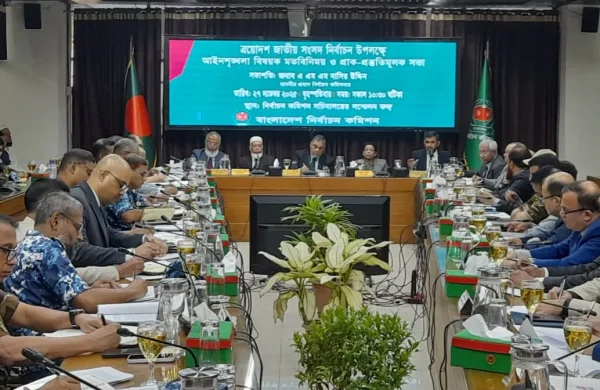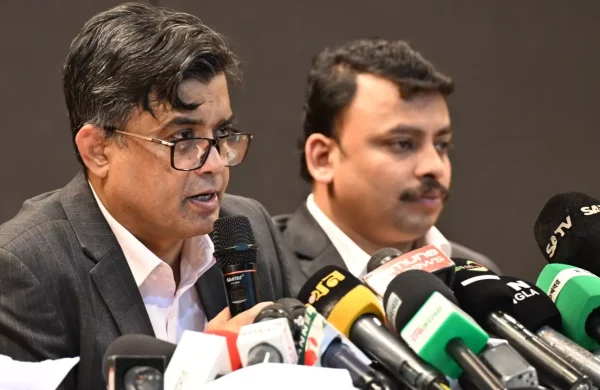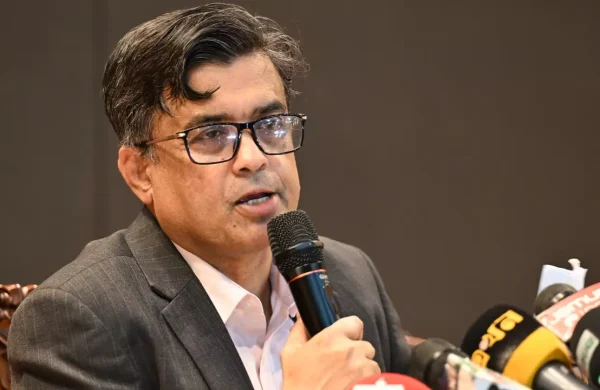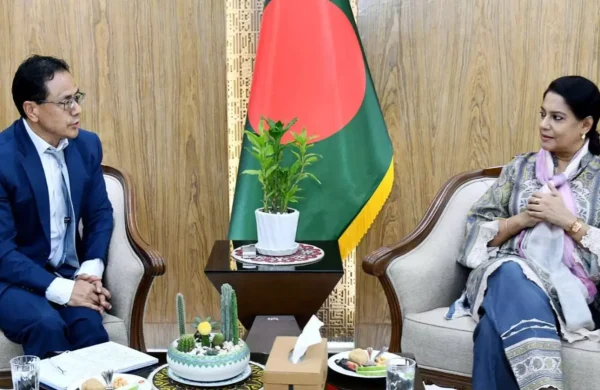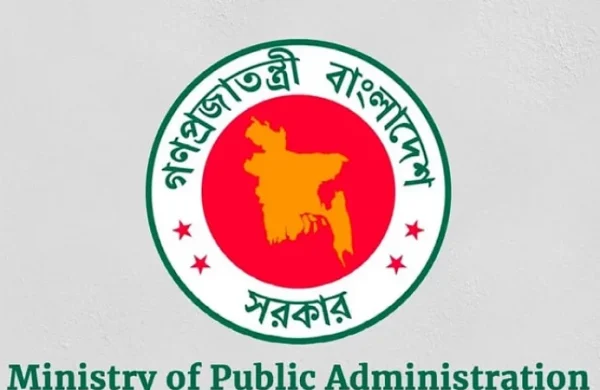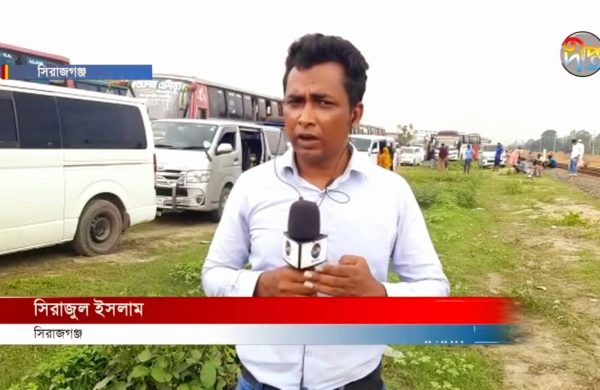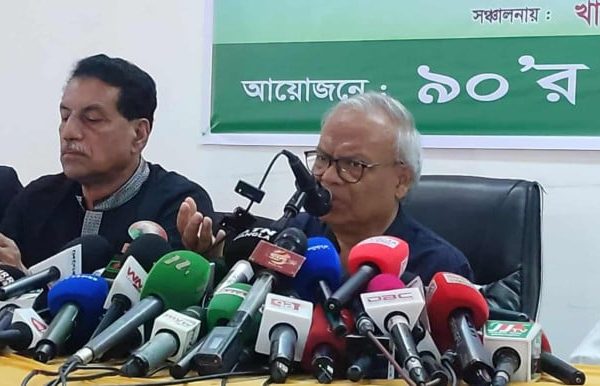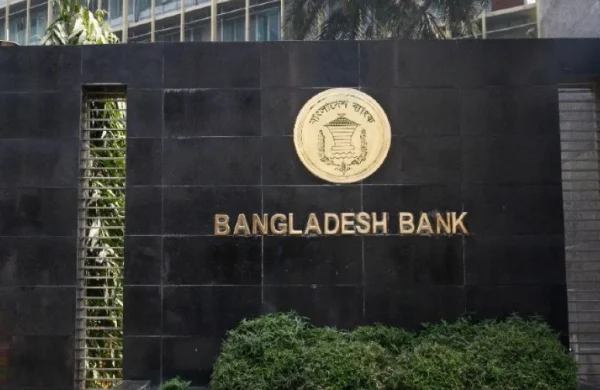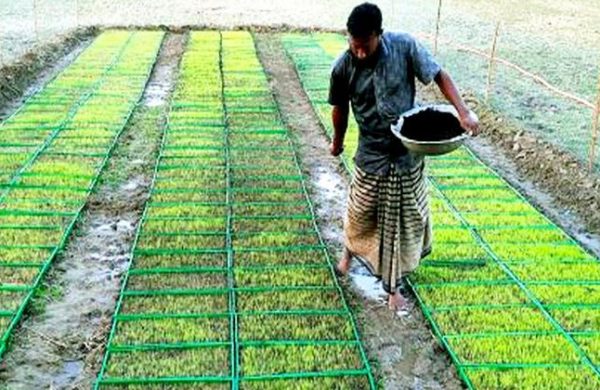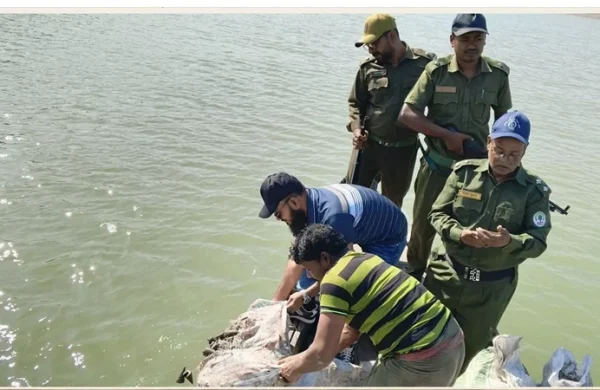What services do agricultural officers provide in capital?
- Update Time : Saturday, January 4, 2025
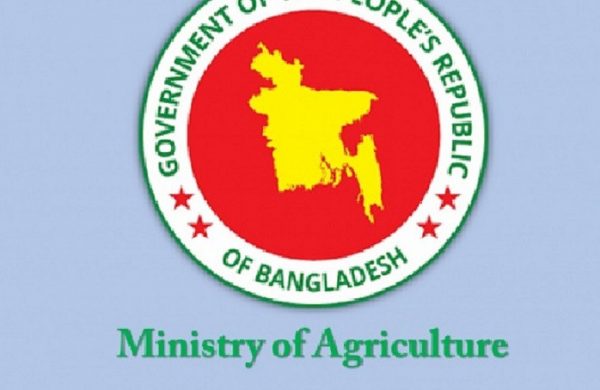
TDS Desk
In Dhaka’s Mirpur, Uttara, Mohammadpur, Gulshan, and Kamrangirchar areas, there is no agricultural land, and no crops are cultivated. Yet, 42 agricultural officers are assigned to oversee farming activities. Additionally, there are 29 other staff members, including several spare mechanics.
What exactly are the duties of these agricultural officers? When posed this question, their senior officials readily respond, “They provide advice on rooftop gardening.”
In preparing this report, conversations were held with at least 50 individuals interested in agriculture. Most were unaware of the presence of so many agricultural officers dedicated to Dhaka. Those who were aware did not have positive experiences.
A Mirpur resident experienced a pest attack on a plant in his balcony garden. He obtained the contact number of the local agricultural officer from a website and sent photos of the affected plant. The officer responded by sending the name of a pesticide via WhatsApp. However, the problem persisted. Despite further efforts, he couldn’t secure assistance from any agricultural officer or sub-assistant agricultural officer, leading him to eventually remove the plant in frustration.
Few people in Dhaka have received assistance from agricultural officers. Yasin Ali, a resident of Mirpur, was unaware that such officers existed to provide advice on rooftop gardening in Dhaka.
Mahmud Hossain from Uttara, Rashid Al Ruhani from Mohammadpur, Alamin Sikder from Rampura, Ibrahim Pahlan from Motijheel, and Abdul Aziz from Gulshan all had an interest in creating gardens on their rooftops or balconies. They purchased plants from nurseries but, lacking proper care techniques and cultivation methods, their plants died, causing them to lose interest.
Under the Department of Agricultural Extension in Dhaka, there are six metropolitan agricultural zones: Mirpur, Mohammadpur, Gulshan, Uttara, Tejgaon, and Kamrangirchar. In Tejgaon, crops are cultivated on 4,290 hectares within a 177 square kilometer area. The other five zones have no arable land.
Government officials state that agricultural officers provide advice on rooftop gardening. When asked if these officers supervise rooftop gardens, they respond that the officers offer advice but do not conduct supervision. They claim that the greenery seen on Dhaka’s rooftops is due to the contributions of these agricultural officers, asserting that there are 4,600 rooftop gardens in the metropolitan area.
However, Dr. Abul Faiz Mohammad Jamal Uddin, a professor at Sher-e-Bangla Agricultural University who conducts research on rooftop gardening, offers training, and distributes free saplings through various organizations, disagrees. He asserts that the agricultural officers and sub-assistant agricultural officers in Dhaka do not perform any work.
Similarly, Dr. Jasim Uddin of the Horticulture Department believes that the general public is unaware of these agricultural officers. People purchase plants from nurseries and seek advice from them instead. Those who engage in rooftop gardening have now become experienced on their own.
The Mirpur Metropolitan Agricultural Office has two agricultural officers and six sub-assistant agricultural officers, along with seven other staff members, including spare mechanics. The Mohammadpur office has two agricultural officers, seven sub-assistant officers, and five additional staff members. Uttara has two agricultural officers, seven sub-assistant agricultural officers, and six other staff members. Kamrangirchar has two agricultural officers, six sub-assistant agricultural officers, and six additional staff members. The Gulshan office comprises two agricultural officers, six sub-assistant agricultural officers, and six other staff members. The Tejgaon Thana Agricultural Circle has a team of 24 personnel overseeing 4,200 acres of arable land.
Offices in Mirpur, Uttara, Gulshan, and Kamrangirchar are located near Dhaka’s Farmgate area. These offices share a two-story building, resulting in a crowded workspace. Many of these officers and staff have little to no work, often spending time socializing. Some request transfers to Dhaka for the convenience of living in the city. Five security personnel are assigned to guard this small building housing five offices. Agricultural officers are supposed to monitor the sub-assistant agricultural officers responsible for various blocks, but according to agricultural experts, proper monitoring is lacking.
The Agricultural Information Service, a government agency, has established an ‘Agricultural Call Center’ to disseminate the latest agricultural technologies, services, and information among farmers and all stakeholders. Farmers can call the short code number 16123 from any operator’s mobile phone at a rate of 25 paisa per minute (excluding VAT and supplementary duty) to receive immediate expert advice on any agricultural issue. Agricultural officers question the necessity of their roles if such advisory services are available through the call center.
In 2018, a pilot project named ‘Urban Agriculture Development’ was undertaken to promote agriculture in Dhaka. Through this project, some rooftop garden demonstrations were conducted. Rooftop gardens were established with government funding on the houses of politicians, project directors’ relatives, and a few interested individuals. However, due to mismanagement, the project did not achieve success.
Agricultural scientist Dr. Kamruzzaman Babu suggests that new plans and programs are needed for the development of agriculture and greening in Dhaka. He recommends reorganizing the workforce and strengthening the weak monitoring system.


